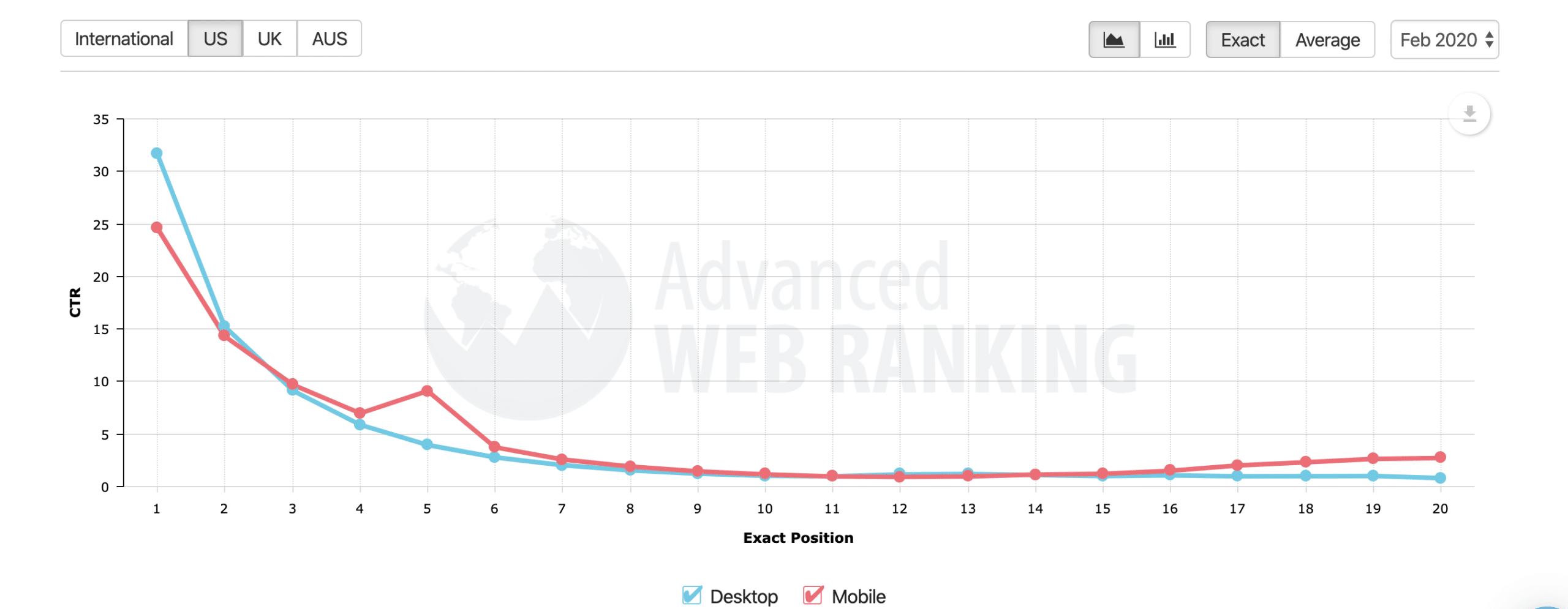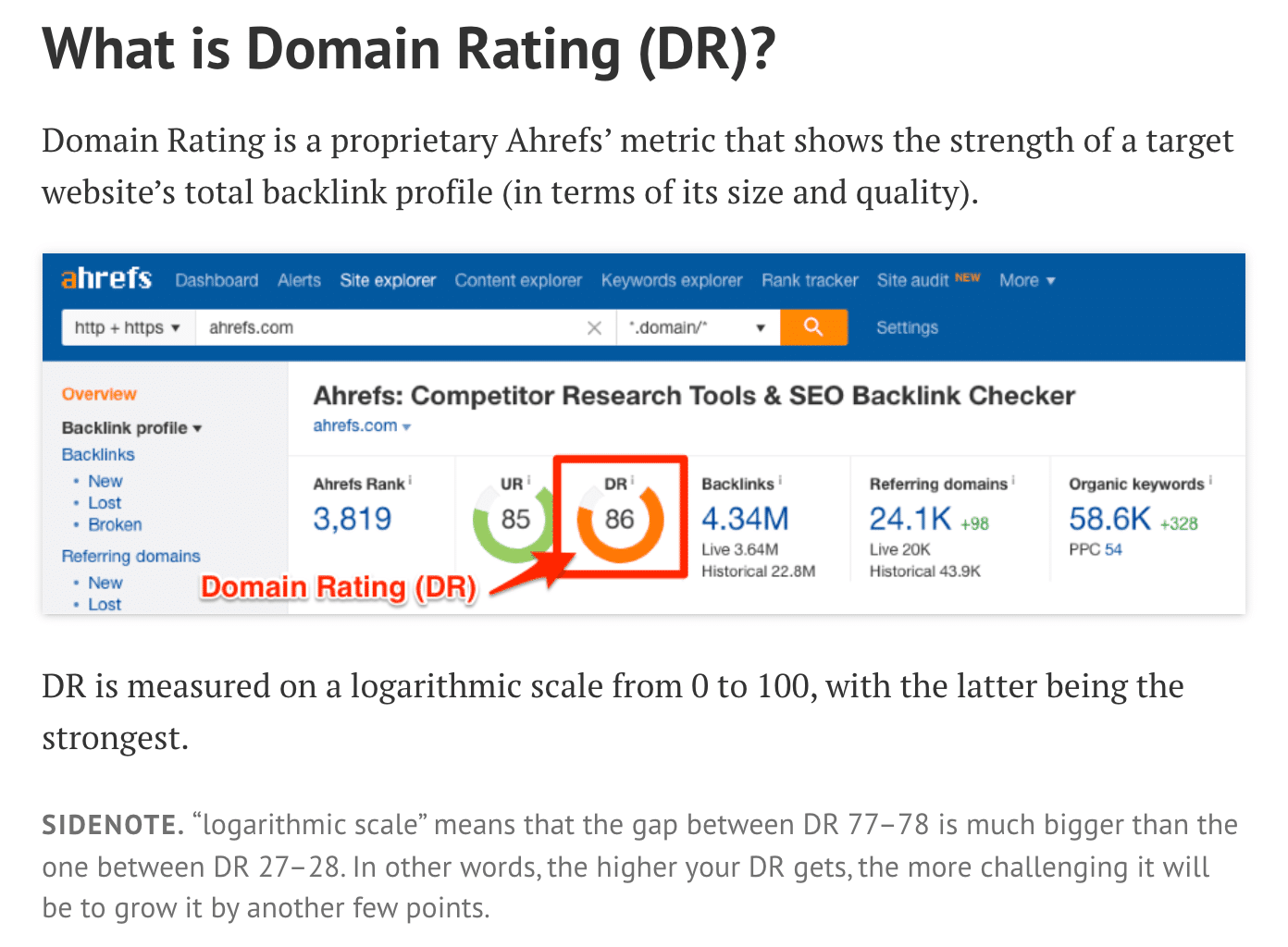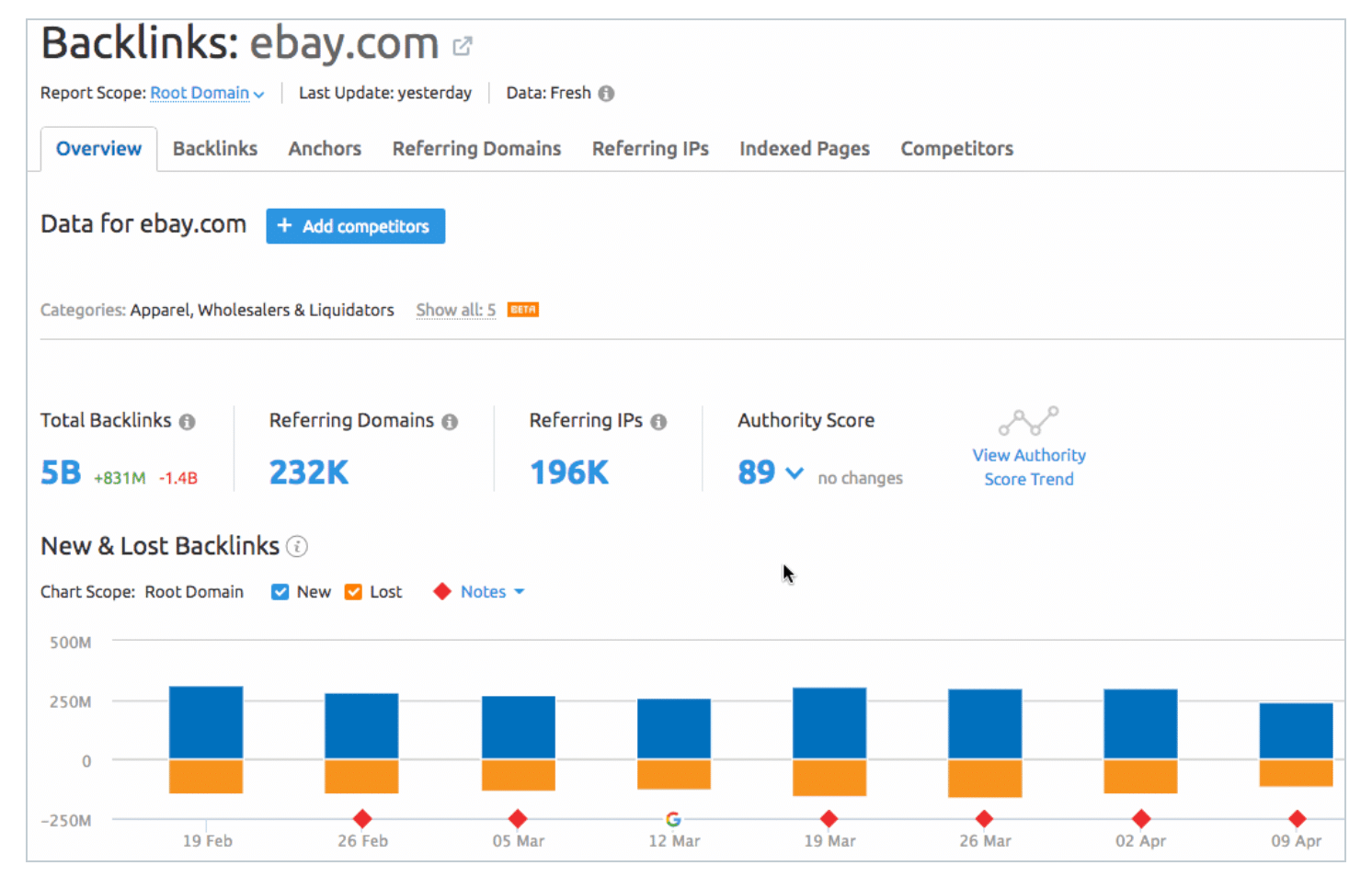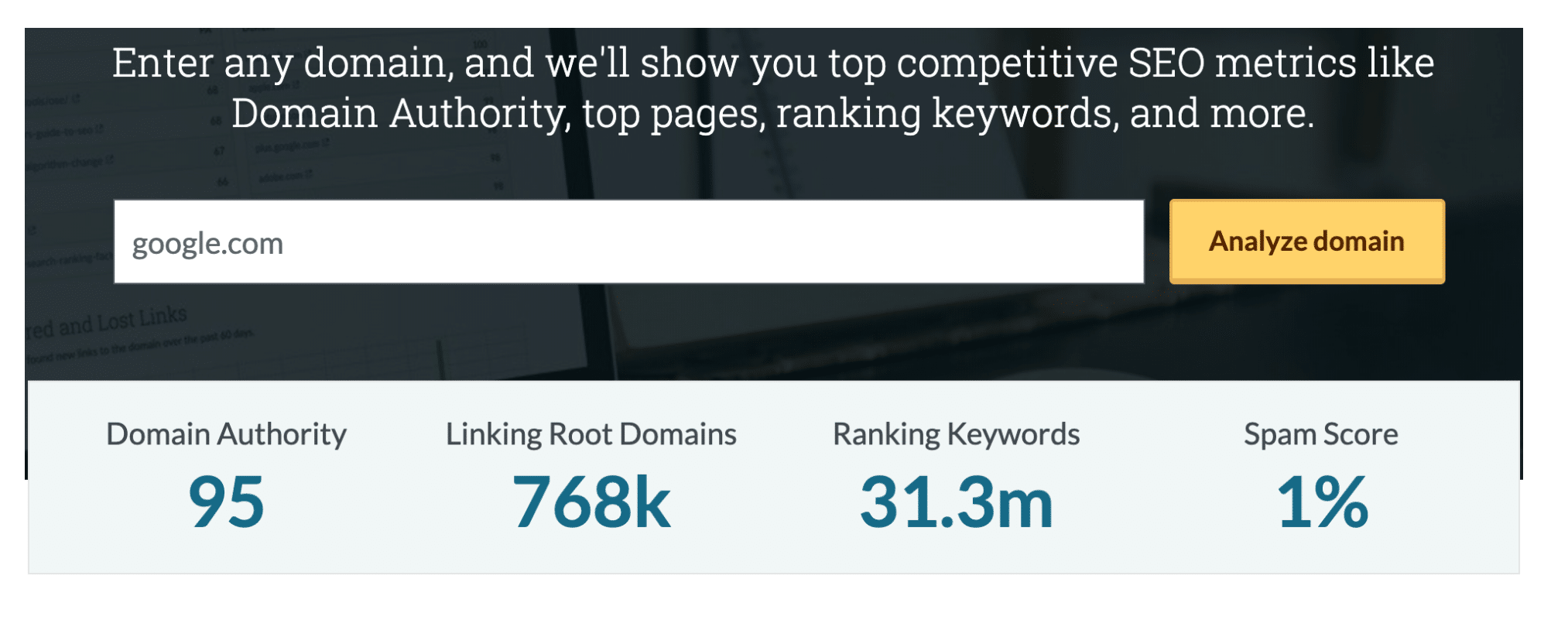HOW DOES GOOGLE MEASURE AUTHORITY AND RANK WEBSITES?
Photo by Andrew Neel
Originally Posted On: https://www.steepeddigital.com/how-does-google-measure-authority-and-rank-websites/
Google uses over 200 signals to determine what page it will serve up as search results in response to a query from a user. It is also true that no one outside of Google knows for sure exactly what influence each metric has on page rank.
Google’s bucket of 200 signals is also not set in time. It is, in fact, dynamic, and it visibly changes with every update that Google makes to its search engine algorithm.
It is well established by the SEO experts who track every movement that Google makes that there is no one specific authority metric that can move the needle on page rank. It is instead a basket of signals that determine the Authority of every page in a website.
How the Google ranking system Works
In preparing for a user’s query – classic search, Google states that, when it thinks about helping the user, it knows that there are ten blue links to show on its first page (and others). Therefore, the question to Google is:
- What does it show?
- What order should it show it in?
Google builds what it calls the “Life of a query.”
- What does Google do before they have a query?
- What do they do after?
Before the query
Google builds indexes of billions of pages on the web.
– Crawl the pages and analyze them
– Extract links
– Render content
– Annotates semantics
– Address extraction
– Content rendering
What is this index
– A web index is like the index in a book
– For each word a list of pages that it is visible on
– This list of pages is split into groups of millions of pages – Google calls these ‘index shards.’
– Plus per document metadata
Query processing
– query understanding
– Retrieval and scoring
– post retrieval adjustments
Query understanding
– Does the query name any known named entities in it?
– Are there useful synonyms?
– context matters – does GM mean General Motors of Genetically Modified?
Retrieval and scoring
– Send the query to all the shards
– Each shard finds matching pages, computes a score for query/page and send back the top number of pages by score
– Combine all the top pages
– Sort by score
Post retrieval adjustments
– Host clustering. Sitelinks
– Check if there is too much duplication
– Spam demotions,
– Manual actions
– Generate rich snippets and other results
Or in straightforward terms, Google first gathers information about pages across the web through its search engine “spiders” and creates a ranking system for each page that it has crawled. It then documents this information in an index that is like a library’s filing system.
When the searcher’s query comes in, Google’s servers read the “index shards” and pulls a list of webpages that are displayed on its search result pages. The position of each page on the Google SERP (Search Engine Results Page) reflects Google’s opinion of each web page’s relevance and Authority.
Therefore, being at the top of SERP communicates that your page has the highest Authority and “relevance” and is likely most reflective of the user’s search intent.

Source: https://www.advancedwebranking.com/ctrstudy/
This graph from Advanced Web Ranking (US rankings for Feb 2020 Searches) shows that the lion’s share of clicks is going to the highest-ranked search results.
The First position gets around 33% of the clicks on Desktop search, while mobile search gets about 25% of the clicks.
The second position is firmly 15% for both Desktop and Mobile searches.
The third position is 10% also for both Desktop and Mobile searches.
Note also the drop-offs after position number 5. By all estimates, about 75% of clicks go to the first page of Google SERPs.
The higher the rank on the SERP page, the larger the number of clicks that you get, therefore, the larger the volume of traffic to your site.
In the final analysis, the larger the volume of traffic to your site, the higher the opportunities for your business.
The original Google metric for Authority: PageRank
PageRank was the definitive algorithm for Google when it first started. This algorithm calculated Page Rank by scoring all the links going to specific web pages. The algorithm counted all the links pointing to a particular page to determine a PageRank for that particular page.
The PageRank algorithm also gives weightage to how vital the link is, based on the importance of the source that it is coming from. So a link that came from a website that had a more significant number of links pointing to itself would count as a weightier link that a link that came from a website that had very few links pointing to it.
The number of links wasn’t itself the only factor determining rank in the PageRank algorithm. In addition to other factors, the words on the page were the other signal of importance in the PageRank algorithm.
How does Google calculate Authority in 2020?
Google’s relatively recent algorithm change, the RankBrain update, involves over 200 signals, which are all categorized as significant signals. To look at what these 200+ ranking signals are, read this blogpost on backlinko.
The RankBrain update leverages artificial intelligence to determine how pages will rank and, therefore, what it will serve up as search results.
What is of significant importance is that Google has categorically stated that none of these 200 signals is a single dominant “authority” factor that determines how a page will be ranked. A large number of factors, including the AI component of RankBrain, work together to determine the rank of a page.
Google’s RankBrain algorithm works in what mathematicians would call an asymmetric polynomial process.
So, what then are these elements that impact page rank? In addition to its algorithms that help determine page rank. Google itself explained in 2017 that they had hired more than 10,000 quality rating contractors who were to use a 200-page guideline book to evaluate the information for Google search.
Their principle objective: Use the guidelines that Google gave them to flag low-quality web pages. It is useful to recognize that Google assesses Authority on a per-page basis.
The role of the quality checkers is to gather specific details about the websites, so the engineers at Google can mix this with their ranking tools and refine Google’s ability to deliver better and more “authoritative” results.
To understand how Google determines its ranking, see this video of Paul Haahr, a Ranking Engineer at Google and part of its leadership team. The video was recorded during Paul’s talk at the “2016 Search Marketing Expo.”

A tip of the hat to SMX West for the Paul Haahr video. Even though a bit dated (2016), Paul Haahr’s presentation does lay out in lucid detail what goes into determining rank, and what Google is doing to improve its process continually.
A key takeaway (amongst many) was Paul Haahr’s confirmation, and which SEOs long suspected, that the percentage of original/duplicate content found on a web page was a definite ranking factor.
Can Page Authority be transferred to its Domain?
Google says that its decision on Authority is made on a per-page basis. A large number of authoritative pages could logically lead to an authoritative site.
However, consider the opposite: If you have popular blog sites like Tumblr, Medium, Blogger, etc., then Authority for the Domain could lead to the potentially false assumptions about the Authority of every single individual blogger (or user) who has a page on these sites.
Google says Authority is arrived at on a per-page basis. It explicitly avoids the idea of sitewide Domain Authority. Google feels that doing otherwise can potentially lead to false assumptions about individual pages, especially those on popular sites.
So what then is Domain Rating and Domain Authority that SEO tools provide? These are in essence educated guesses by third part SEO companies. These scores serve more like guidelines than absolute numbers or ranking positions. A key point to note – these are not the scores that Google uses. (Refer back to Paul Haahr’s video posted above, for greater clarity.)
Sitewide signals, not domain authority
There are sitewide signals that help Google determine page rank and to show the result higher or lower down its SERP pages.
So, what are these sitewide factors that could affect the ranking
- The site’s loading speed
- Optimization for mobile
- The presence of Malware on the site
- The presence of a large number of high ranking pages on a domain
These are just some of the factors that can generate strong sitewide signals so that when Google has to choose between two pages of, say, equal Authority, then the page ranked higher will be the page that has the more powerful sitewide signals.
To quote Paul Haahr, “Our goal in all of this is that we are increasing the quality of the pages that we show to users. Some of our signals are correlated with these notions of quality.”
Now, to the final section of this article, what are the Domain Authority and Domain Rating used by SEO companies.
-
AHREFS – Domain Rating

Source: https://ahrefs.com/blog/domain-rating/
The Domain Rating score of Ahrefs, perhaps the highest-rated SEO tool at the moment, is calculated, in a straightforward fashion:
According to ahrefs.com, their Domain Rating system is a derived metric that shows the “link popularity” of each website compared to all other sites in the world on a scale from 0 to 100.
This scale is not linear. It is a logarithmic scale. Let us take an example: the effort to go from domain rank 50 to 51 will be far greater than the effort to go from domain rank 20 to 21.
The metric additionally takes into account the quality of links. Meaning do the links come from a website that itself has many links pointing to it, or from a site with very few links pointing to it?
The Domain Rating metric includes whether or not the links pointing to the site are “Do Follow” or “No-Follow.”
Finally, as you may have already noted, there is nothing in this score about traffic or some other complex ranking system.
In a nutshell, the Ahrefs domain rating score for a website is shorthand for the popularity of the website.
-
SEMrush – Authority Score
The second SEO company whose domain score we are going to look at is SEMrush.
 Source: https://www.semrush.com/news/backlinks-authority-score/
Source: https://www.semrush.com/news/backlinks-authority-score/
The SEMrush Authority score, as seen in the example above for eBay, is based on a more complex set of metrics.
This metric represents a domain’s overall quality and is measured on a scale from 0 to 100.
The elements that constitute this metric are Backlink data, including Domain Score, Trust Score, Referring domains, Follow, and No Follow links, etc.
The score also includes Website traffic data and Organic search data. Organic search data is the volume of organic search traffic and positions on SERPs.
For a website receiving a link from another site, the SEMrush Authority score will be an excellent index of how beneficial a backlink from this source would be.
-
Moz – Domain Authority
The third and final metric is from moz.com: Domain Authority (DA) is a popular metric for search engine ranking score developed by Moz that predicts how well a website will rank on search engine result pages (SERPs).
A Domain Authority score ranges from one to 100, with higher scores corresponding to a more exceptional ability to rank.
 Source: https://moz.com/learn/seo/domain-authority
Source: https://moz.com/learn/seo/domain-authority
Moz calculates Domain Authority by evaluating multiple factors, including linking root domains, and the number of total links, into a single DA score.
Moz itself states that the best use of this metric is as a comparative metric and that it is not an absolute score.
This score is to be used in doing research for a website’s search results and determining which sites may have more powerful/relevant link profiles than others.
Because it’s a comparative tool, there isn’t necessarily a “good” or “bad” Domain Authority score. A score of say DA 25 in a highly fragmented industry with thousands of small businesses competing, could prove to be sufficient to be competitive.
While in another industry that is dominated by fewer but larger players, a score of 50 may be entirely insufficient to be competitive.
In conclusion
Domain Authority, Domain Rating, or Authority Scores are all metrics that are essentially a handy heuristic in the SEO industry.
In other words, these scores provide information about how a site is likely to rank for a specific keyword.
These three metrics/scores that we have evaluated are not the only scores that are available in the SEO industry, but these are three of the most popular tools in the industry.
Companies like Ahrefs and Moz have their index of URLs. And they use bots to crawl continuously and update this index.
It is rather apparent that none of these indexes will be as comprehensive as Google.
Commercial question: If these indexes are all relative, how do you then choose which one you should use?
These indexes will generally deliver (reasonably) consistently related ranks. You should not expect that these ranks will be identical, because their formulae to calculate the scores are different from each other.
The questions that you may want to ask before deciding on which SEO tool and which index you will use could include the following:
- What is the index size of the company? Meaning how many URLs exist in the company’s index?
- What is its crawl frequency? The more frequent the crawling, the fresher the data available to you.
- What is the instance of ‘false positives’ with Live links? This means cases where inactive links are reported with 200 status codes.
- Do the rankings correlate to how you see them on Google? This is a simple test that can show you, for example, if a page on a website with a high PageRank equates to better rankings?
These are all points to consider when you decide to choose which SEO metric you will use as a heuristic or shorthand for your website’s ranking on Google SERPs.
To read about what Google thinks is visually and content-wise a good website, click here.
